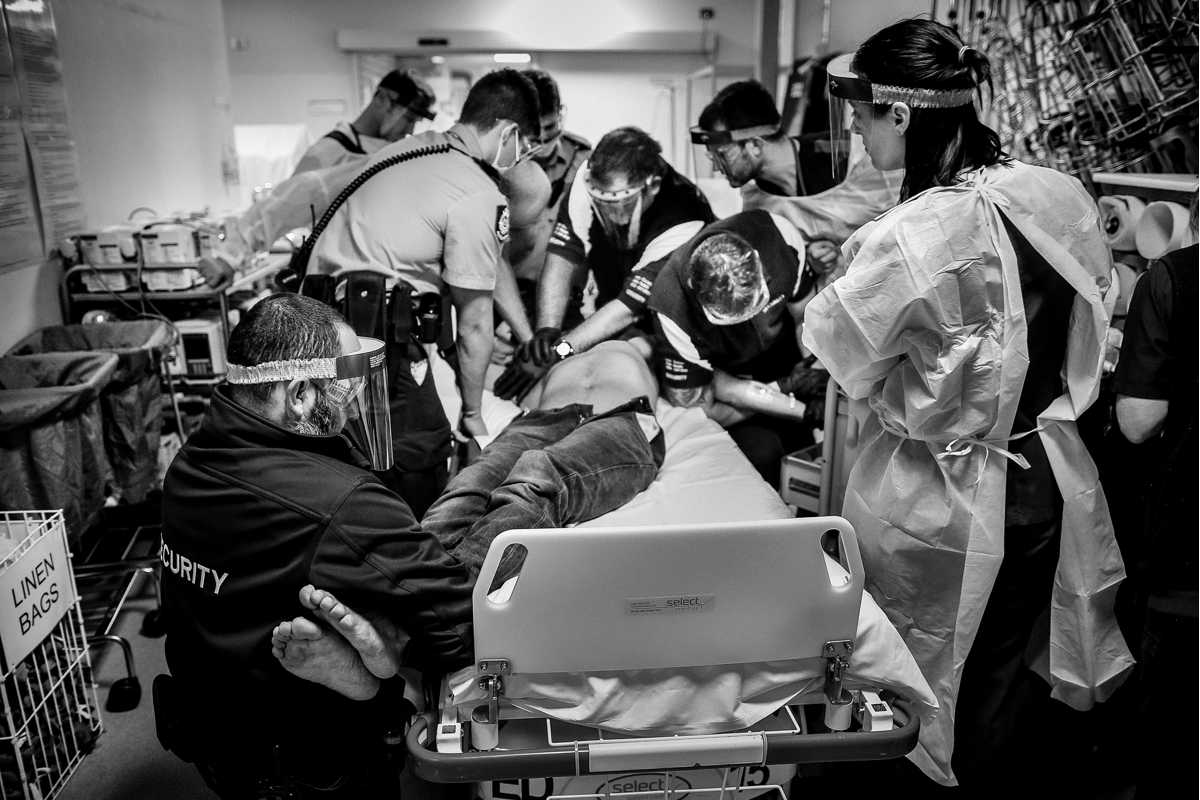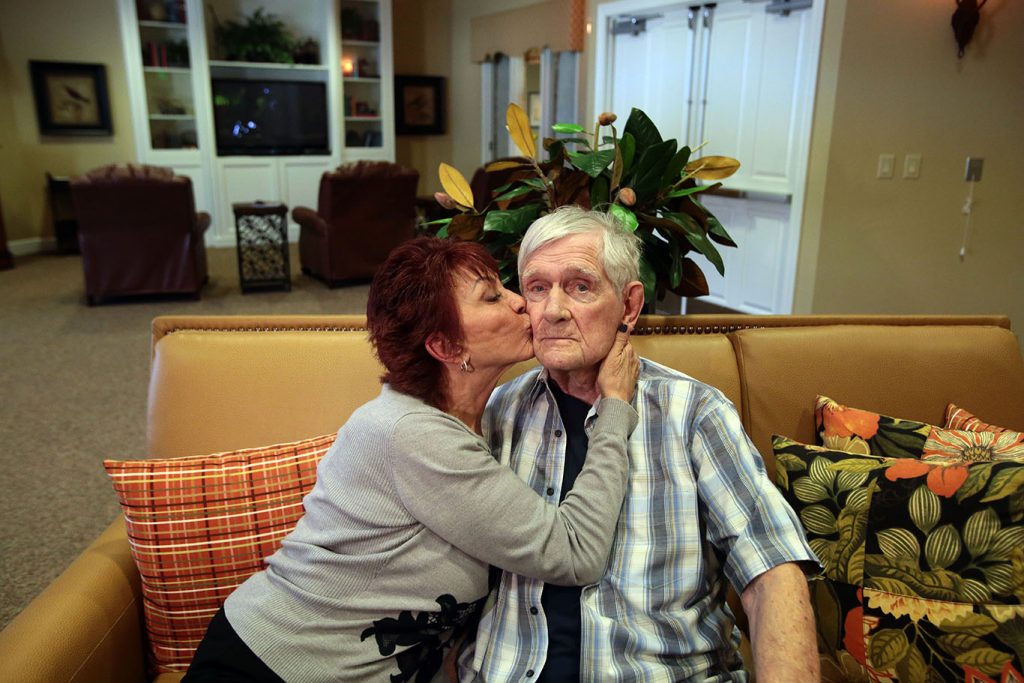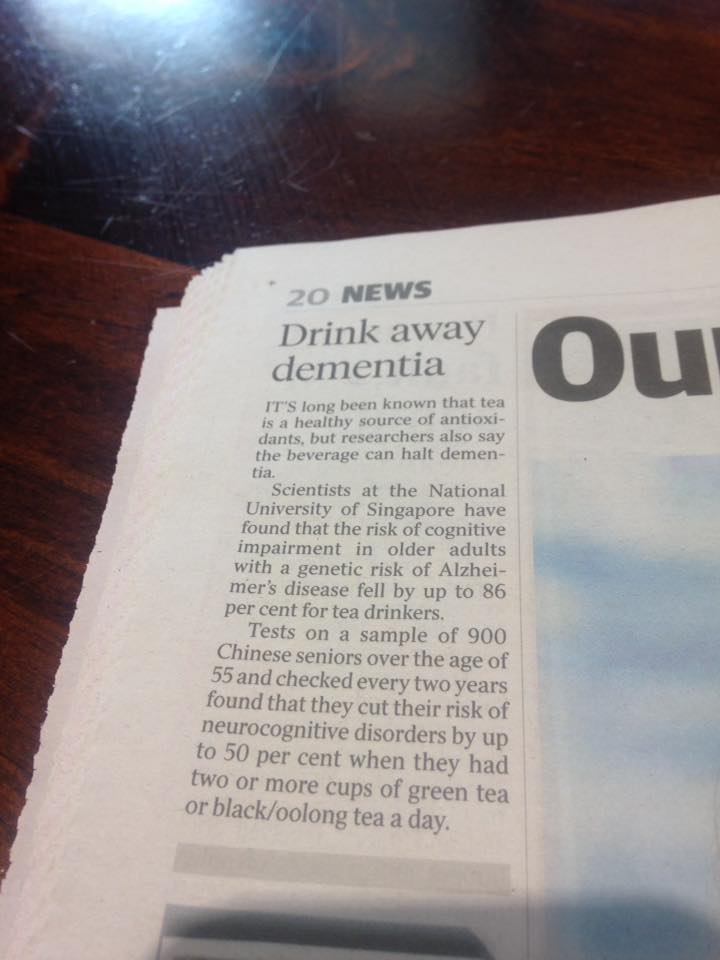
Very pleased to announce that I had my ‘code black’ meeting with senior management at the RAH yesterday. To anyone new – a code black is when 4-6 security guards are called to restrain a patient.
I am really excited to report that out of everything that I have been involved with in the dementia space this was the most significant step forward and potentially the best opportunity for some serious change.
It was such a privilege to have a solid hour to share my EVERY thought I have had about the way people with dementia are cared for in our hospitals.
The good news is this information will be considered across the QEH and nRAH hospitals and some critical points may be weaved into training packages for nursing staff.
I actually spent literally 6-7 hours preparing for this meeting and collating all of your thoughts, ideas and feedback and presenting it to them in a single ‘easy to read’ document. This document contained your personal experiences, plus strategies and also a link to my presentation on acute care:
http://www.dementiadownunder.com/…/dementia-care-can-we-do…/
I learnt so much about hospital protocol, security team procedures and patient care in major hospitals. What has me so excited is that they were so willing to listen to our thoughts (DD Members)and were really appreciative to be able to get a rare snapshot and insight from the families of people with dementia who have received code blacks. I also passed on several personal stories that really hit home.
There has been some significant steps forward since Dad was in hospital and I can report that things are moving forward and changing.
Obviously not everything will be implemented but the families have been heard and our feedback will be given consideration where possible.
You can see below there were some serious topics discussed and I had the entire hour to myself and their full attention.
Some of the key areas that were discussed were:
• Communication flow between nursing staff and families (both ways)
• Value of involving family members, emotional impact and trauma to family members/carers when patient receives a code black, acknowledging family input and applying to the clinical process.
• Lack of knowledge for families when they enter the ED. Ways to improve this.
• ‘Dementia is different’- the patient often has no insight hence the focus of medical info gathering switches to the family. (is one of the few medical conditions that this occurs with)
• Enormous scale of people being admitted now and in future and how the hospitals need to adapt.
• Limiting the duress for families by allocating a team member to communicate progress and procedures. Selecting a key family member to obtain patient info, using the ‘Top 5’ approach to obtaining personal info on the patient, signage on the bed with key info eg family member names, pets etc…
• Use of the cognitive impairment identifier/symbol on bed to alert people that patient has cognitive impairment.
• attaching dementia related procedures to the identifier.
• Education of nursing staff in dementia / behaviours
• Handbooks for families
• Security Team protocol eg using a team leader (they wear a different colour shirt), verbally preparing families of potential code blacks, team huddles & handover prior to code black. Using less security members with dementia patients.
• Dementia training for guards, softer approaches to restraint, changing the uniforms of guards to be less confronting, limb restraint techniques and not throwing people to floor. staff protection and protocols.
• Nurse specials – having dementia knowledge
• Dementia champions allocated to wards,
• Muting of beeping machines in wards, use of a ‘noisebox’ under beds to change the overall sound environment
• single rooms versus wards advantages and disadvantages, gradual softer lighting that can be manually adapted to each patient,
• Adding a new emergency ‘code’ (eg code purple) specifically for cognitively impaired patients (this cannot happen, but the team huddles sort this problem)
• Ways to calm patient in ED before taking bloods thus limiting code blacks
![]()





















 Facebook
Facebook Twitter
Twitter LinkedIn
LinkedIn